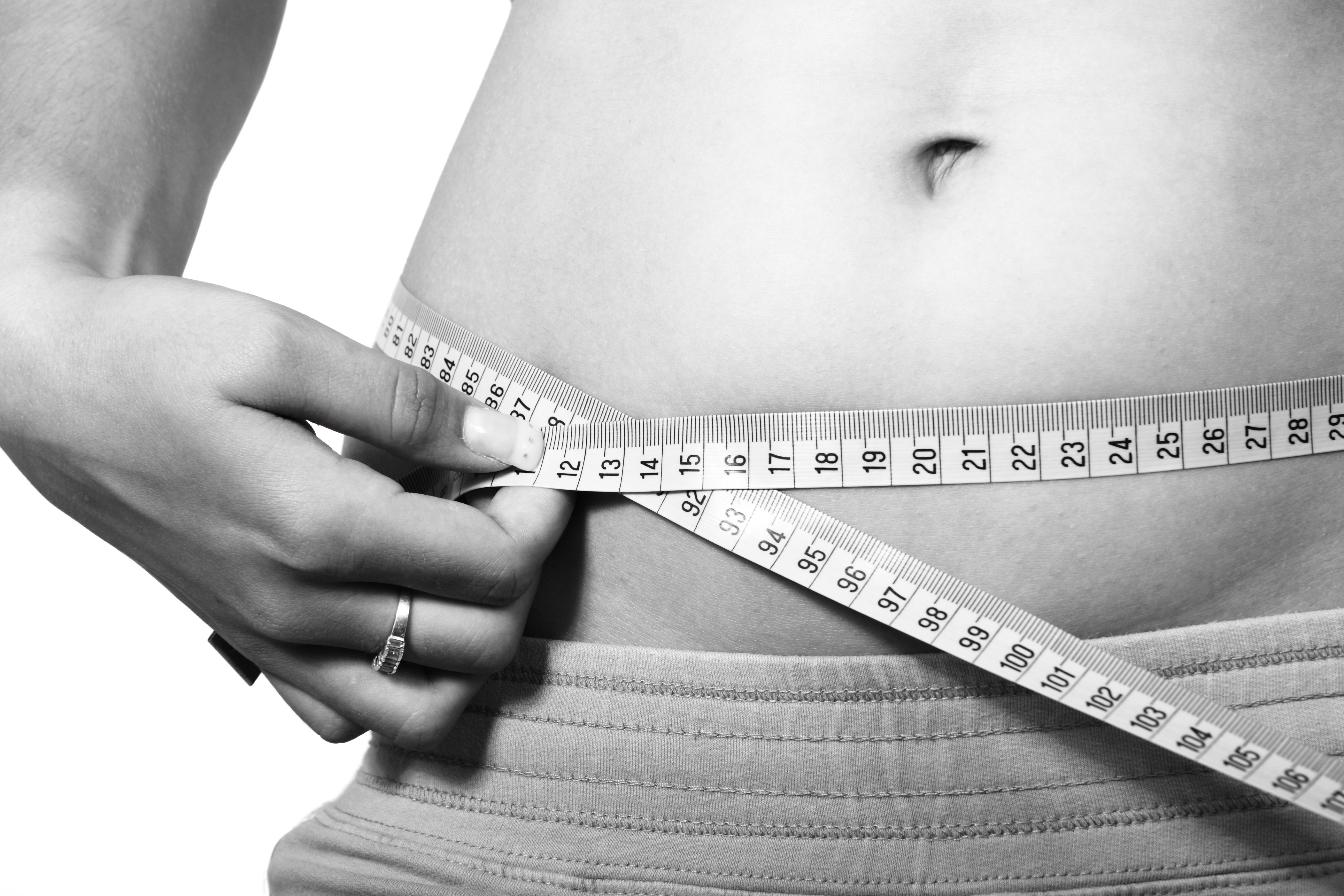At some point we all have thought that our choices regarding health and diet are not optimal. As a result, many decide to radically change these choices and they do it from one day to another. Usually, the upcoming New Year, or a particular day that marks the beginning of a new period is ideal for the adoption of such changes. But trying to commit to these upcoming changes, we become overzealous. The excitement of change turns into a noose slowly tightening around us so our commitment ultimately has no results. What happens? Do we have the right mindset or do we sabotage our efforts with our own behavior from the very beginning?
Unrealistic Commitments
“I will not eat sweets again “, “My diet will not contain carbohydrates”, “Never again alcohol!”… These are some of the commitments that we often hear in relation to nutrition. On January 1st, there are too many promises made regarding diets. People believe that the new year will exorcise the bad habits of the past once and for all. That is why we commit to them or to others. However, this absolute nature of an unrealistic commitment won’t work positively – at least not in the long term.
What Do We Have To Do?
The secret of success lies in the methodical attempt to change our lifestyle. We can’t give up on a favorite habit as if by magic, because the deprivation is going to be particularly intense or even unbearable. Instead, we should step by step adopt healthier habits to benefit our diet and health. Committing to a light dinner instead of unhealthy foods is feasible. The same applies to a particular routine before bedtime.
Observe your daily life and see what you would like to change. Based on these observations, organize an effort to perform changes and start slowly. Fix one thing and then move to the next one, with the ultimate goal to be released from your bad habits or to have minimized them down the road. Mark your progress and reward yourself.
What If I Fail?
The struggle for a better, healthier life is not a speed race. Instead, it is a road race that requires endurance. Therefore, even if we fail to achieve what we want at the beginning, we should not feel guilty. We need to continue trying to improve ourselves each day. We shouldn’t get trapped in feelings of self-pity and guilt, but gaze at the future with optimism. Even if you eat something seemingly forbidden, don’t feel bad. Try to strengthen your will and the next time have greater resilience to similar temptations. In time, you will realize that it is important that you set goals you can achieve. Equally important, however is to feel happy and satisfied with your efforts, successful or unsuccessful. The secret lies in the following: “No matter how many times you fall, what matters is how many times you get up, eliminate the negativity of the fall and move forward …


 By Anna Cortesi
By Anna Cortesi